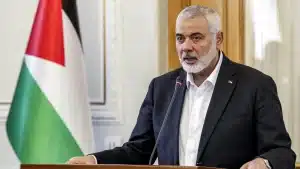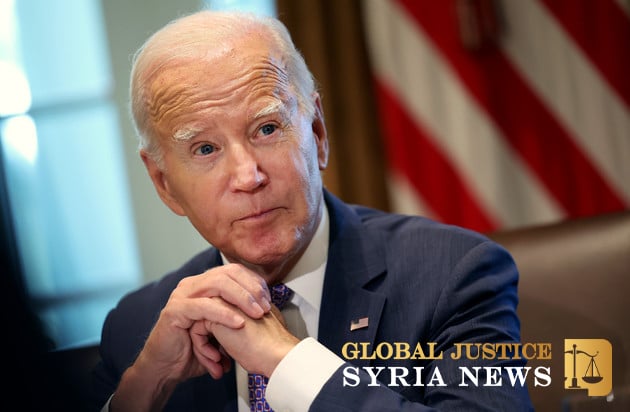In a rare public disapproval, President Joe Biden expressed dissatisfaction with Israeli Prime Minister Benjamin Netanyahu’s efforts to secure a deal for the release of hostages held by Hamas. Speaking to reporters outside the White House on Monday, Biden made it clear that he does not believe Netanyahu has done enough to resolve the ongoing crisis. His pointed criticism comes after a weekend in which six hostages were found dead in Gaza, sparking widespread protests and a nationwide strike in Israel.
When asked directly if Netanyahu was doing enough to secure the release of the remaining hostages, Biden’s response was a firm “No.” This brief but emphatic reply underscores the growing frustration within the U.S. administration over Netanyahu’s handling of the situation, particularly as the humanitarian crisis in Gaza deepens and international pressure mounts for a resolution.

The deaths of the six hostages, including American citizen Hersh Goldberg-Polin, have added urgency to ongoing negotiations. The Israeli military has said the hostages were killed by Hamas shortly before Israeli forces reached them, but Hamas claims they died as a result of indiscriminate Israeli bombing. Their deaths have sparked massive protests in Israel, with tens of thousands of Israelis demanding that Netanyahu secure a ceasefire deal that would ensure the safe return of the remaining hostages. In response, Israel’s largest trade union, the Histadrut, called for a general strike on Monday, further escalating pressure on the Israeli government.

In light of these developments, the Biden administration is pushing to finalize a proposal that could potentially end the impasse. According to senior officials, U.S. negotiators are “very close” to presenting a final plan to both Israel and Hamas. This plan aims to pair a ceasefire agreement with the release of the hostages, a dual objective that has been the focus of intense diplomatic efforts for months.
The proposed plan is seen as a last-ditch effort to bridge the gaps that have thus far stalled negotiations. While details of the proposal remain under wraps, it is expected to include significant concessions from both sides, as well as guarantees to ensure the safety and release of the hostages. Biden, who has been closely involved in the negotiations, expressed cautious optimism about the prospects of reaching an agreement, noting that “Hope springs eternal.”
Despite the Biden administration’s push for a final plan, doubts remain about its feasibility, particularly given Israel’s actions and rhetoric. Netanyahu has publicly maintained that efforts to secure the hostages are ongoing, but behind the scenes, Israel has repeatedly refused proposed deals, accusing Hamas of insincerity while simultaneously undermining negotiations by targeting key figures, including killing Hamas’s chief negotiator, Ismail Haniyeh. This pattern of refusal and escalation has fueled skepticism about Israel’s true commitment to a diplomatic solution, raising concerns that the window for a peaceful resolution may be closing rapidly.




















